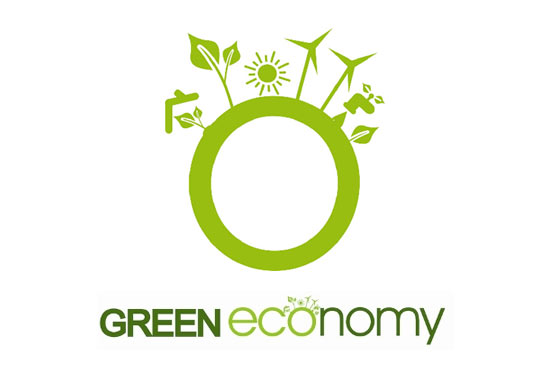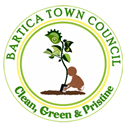Government’s green economy agenda moving apace

Implementation of government’s green economy agenda moving apace
The implementation of green spaces, boulevards, and a green energy project, are just some of the initiatives being rolled-out across the country, as part of the government’s green economy agenda.

These projects form part of a holistic programme being rolled-out by the government through the Ministry of Communities, which looks at the modernisation and transformation of the country, whilst promoting safe, sustainable environmental practices.
During an interview with the Department of Public Information (DPI), Project Coordinator, Karen Roopchand explained that the projects are designed around three (3) thematic areas; infrastructure development, institutional capacity building and public awareness and community participation.
As it relates to the green spaces initiative, which will be rolled-out at a cost of $183.5M, Roopchand noted that the project seeks to provide access to, social and economic facilities, as well as provide employment within communities.
“Our infrastructure component, where we are developing green open spaces, as well as other infrastructure type projects will improve access to social and economic facilities such as the parks, community centres, multipurpose buildings, to provide areas where persons can interact and people in the community can come out and interact in a safe and clean environment,” Roopchand explained.
Contracts were awarded for projects in Bartica and Mabaruma. Projects for Anna Regina, Corriverton, New Amsterdam and Lethem are currently at the National Procurement and Tender Administration Board (NPTAB.) while Linden, Rose Hall and Georgetown are still at the designing and consulting stage.
Under the green energy programme, $75M will be spent on projects that will see a significant reduction of monies spent on electricity. It is anticipated that this intervention will result in municipalities, saving up to $3.4M per year , Roopchand highlighted.
“Depending on the municipality and the size of the buildings and the type of devices they are using but based on an energy audit that we would’ve conducted in collaboration with the Guyana Energy Agency, those are the expected savings,” Roopchand explained.
“The intervention will see the replacement of all of the bulbs of the municipal buildings and by municipal buildings I’m referring to the town halls, if they have community centres, if they have multipurpose centres, if they have a market, any building that is managed by municipalities. We are going to be replacing the less efficient bulbs with the LED bulbs and in the administrative buildings we are going to be implementing or putting in the photo sensors,” Roopchand pointed out.
Other initiatives include, the tree planting project, green economy training, and green development plans. The project will be rolled out over the next three years, where the ministry will be collaborating with the local organs and other stakeholders to plant 10,000 fruit, decorative and pest control trees across the ten Administrative Regions. The project was launched last month in the East Berbice, Corentyne and Bartica.
It also has an infrastructure development component, where the focus is on the construction of bridges, culverts, roads and markets. These projects will see a total of $299 Million being invested.
These initiatives are also part of the Ministry’s mandate to build cohesive, empowered and sustainable communities.
Source: DPI

0 Comments